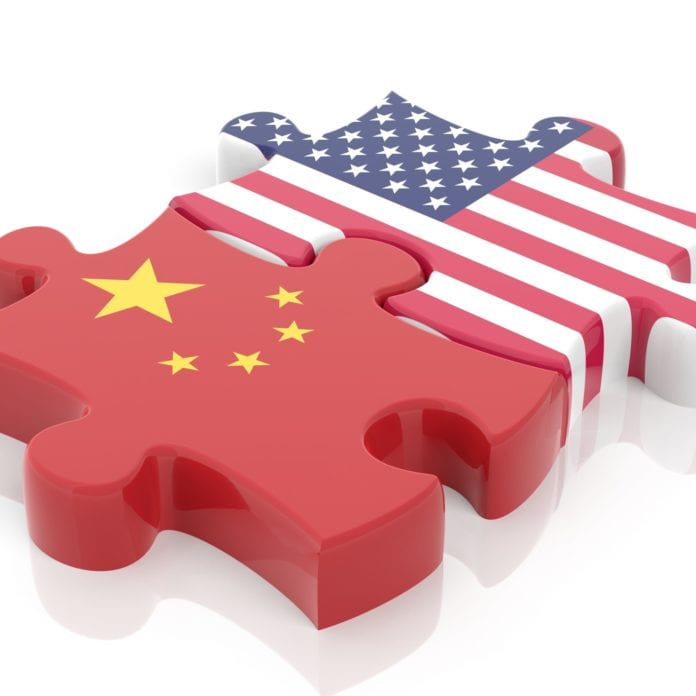The Chinese government said it will review the impact of the measure
U.S. President Donald Trump has signed the National Defense Authorization Act, or NDAA, which includes new regulations that ban government agencies doing business with Chinese vendors Huawei and ZTE.
The bill prohibits the U.S. government and its contractors from buying certain telecommunications and video surveillance equipment from Huawei, ZTE and other Chinese communications companies. The ban covers components and services deemed “essential” or “critical” to any government system.
The bill also instructs several government agencies, including the Federal Communications Commission to prioritize funding to assist businesses that will have to change their technology as a result of the ban.
“Huawei supports the U.S. government’s goals for better security, but this random addition to the NDAA is ineffective, misguided, and unconstitutional,” the company said in a statement.
“It does nothing to identify real security risks or improve supply chain security, and will only serve to stifle innovation while increasing internet costs for U.S. consumers and businesses. We believe that the American people deserve equal access to the best possible connections and smart device options, and will keep working to make this happen,” the Chinese vendor added.
The NDAA strengthens the Committee on Foreign Investment in the United States (CFIUS), which reviews proposed foreign investments to weigh whether they threaten national security.
China’s commerce ministry said it would review the legislation for its impact.
“The governments of the two countries should listen to the voices of the companies, and provide a good environment and stable expectations. The U.S. side should objectively and fairly treat Chinese investors, and avoid CFIUS becoming an obstacle to investment cooperation between Chinese and U.S. firms,” the ministry said in a statement.
In March, the Commerce Department’s Bureau of Industry and Security (BIS) had imposed a seven-year ban of component and technology sales to ZTE, after the vendor allegedly did not live up to the terms of an agreement that had been worked out after it illegally shipped telecom equipment to Iran and North Korea. In early May, ZTE said it had ceased its major operating activities due to the export ban.
However, following negotiations between the U.S. and China, the Trump administration reached an agreement with ZTE which allowed the firm to resume business. Under the terms of the agreement, the Chinese firm replaced its leadership and paid $1 billion to the U.S. government as part of a settlement agreement, as well as an additional $400 million in escrow.
Congress considered reinstating the ban on export sales to ZTE, and the U.S. Senate went so far as to pass an amendment to the NDAA that would have reinstated the ban — but ultimately, that amendment was left out of the final bill.

